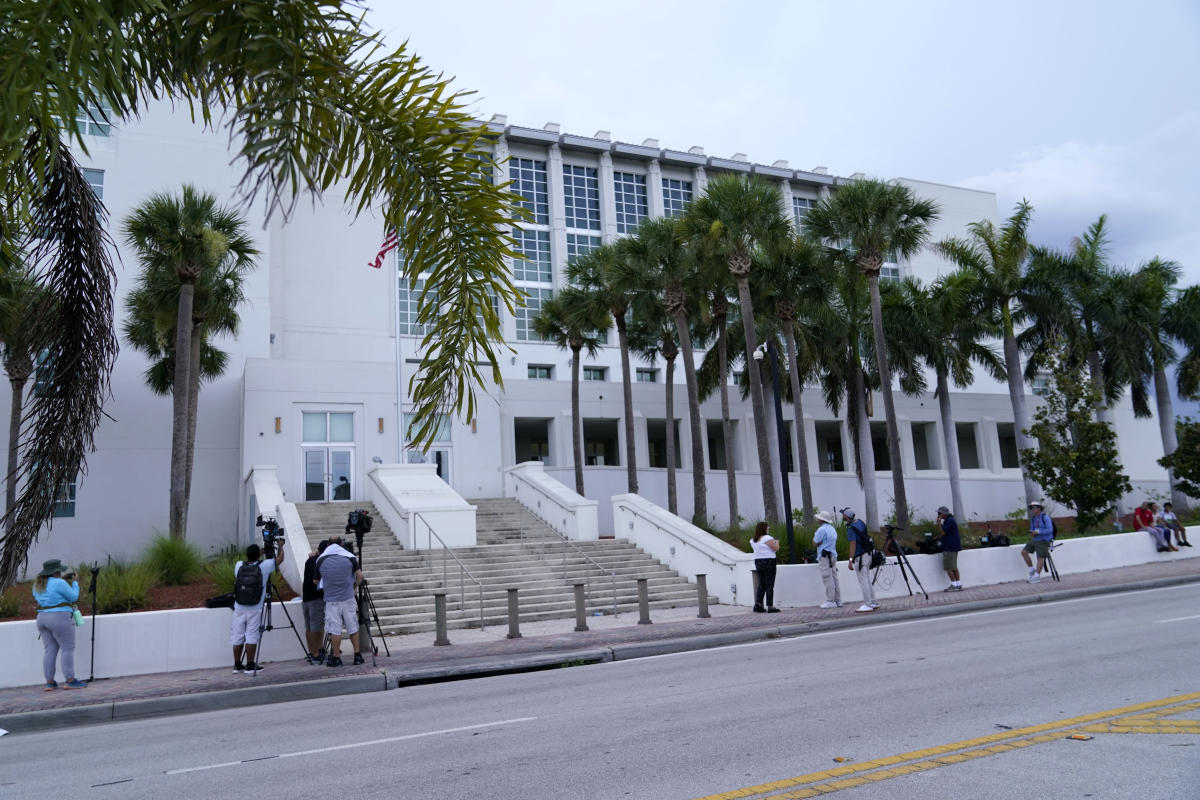Special counsel Jack Smith argued that the witnesses were likely to face threats and harassment if their identities were revealed, and that even making their accounts public could lead to their public identification.
U.S. District Court Judge Aileen Cannon accepted the general thrust of the prosecutors’ argument, but her 24-page opinion is replete with criticism of Smith’s team for being slow to present their concerns in detail, for failing to comply with court policies and procedures and for not providing adequate justification for the the broad sealing of court records.
It’s the latest decision in which Cannon has sided with prosecutors in an opinion that is primarily critical of their tactics. And despite the result it’s yet another indication of tension between the Trump-appointed judge and Smith’s team, even as the decision will resolve a significant source of that tension: Cannon’s earlier ruling that appeared to permit defendants to reveal identifying information about potential trial witnesses.
Cannon’s opinion does not delve into the nature or degree of threat to witnesses, even as she concludes in vague terms that those concerns are sufficient to justify the bid to keep witness names secret at least until a trial. She noted that she had several legitimate reasons to deny Smith’s request but chose not to based on evidence he provided on the issue after her initial ruling.
“Although the Special Counsel’s request remains sweeping in nature as applied to all potential government witnesses without differentiation — and although the Court was unable to locate another high-profile case (in publicly available records) in which a court granted a broad-based pretrial request to seal the identities of all potential prosecution witnesses as sought here — the Court is satisfied that the Special Counsel has made an adequate showing on this issue — at least at this juncture pending final trial preparations,” wrote Cannon.
The judge said the prosecution’s request to keep the statements witnesses made secret was more problematic and unjustified because it would require closure of at least portion of hearings on pretrial motions, including a session set to take place on Friday in Fort Pierce, Florida.
“Based on the Court’s independent research, granting this request would be unprecedented: the Court cannot locate any case — high-profile or otherwise — in which a court has authorized anything remotely similar to the sweeping relief sought here,” Cannon wrote.
The judge emphasized that there is a strong presumption in favor of public access in connection with most court filings and proceedings — the Sixth Amendment gives criminal defendants the right to “a speedy and public trial.” Many of Smith’s claims continue to fall short of what would be needed to overcome that presumption.
“The Special Counsel has had multiple opportunities to provide factual and legal support for the contention that generalized witness- and jury-pool-influence concerns justify blanket sealing of all witness statements relied on in pre-trial motions,” she wrote. “None has been provided.”
At a court session on March 1, prosecutor David Harbach acknowledged that the government’s initial sealing request was not adequately explained or justified.
“We recognize that we could have done a better job of that initially, and so we’re owning that,” Harbach told Cannon, while insisting that prosecutors had now made a more detailed showing.
Cannon’s ruling could break a logjam in the case, with numerous motions piling up under seal and an unclear path toward hearings on those issues. Cannon complained at a court session last month that some of the motions were effectively stuck because of prosecutors’ secrecy requests.
Trump is charged with 32 counts of retaining classified documents in his Mar-a-Lago estate after leaving office — and then obstructing efforts by the government to reclaim them.
However, the case continues to face logistical hurdles, most significantly the fact that Trump is set to go on trial next week in a Manhattan courtroom on charges he falsified business records related to payments made during the 2016 campaign in an effort to prevent women from going public with their stories alleging sexual affairs with Trump.
